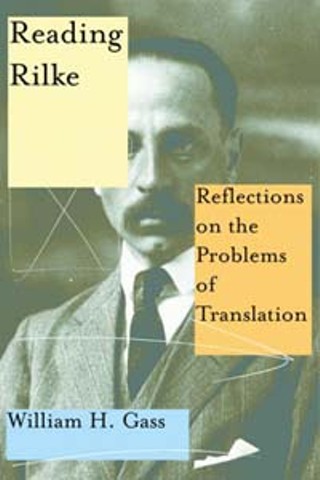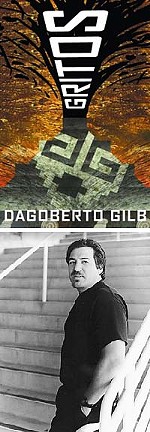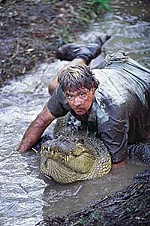Reading Rilke: Reflections on the Problems of Translation
Reviewed by David Garza, Fri., Nov. 26, 1999

Reading Rilke: Reflections on the Problems of Translation
by William H. GassKnopf, 256 pp., $25
Anyone who really knows poetry knows that nobody reads Rilke. That is, nobody picks him up on a park bench, skims a few lines, and strolls away unaffected into the rest of his day. People encounter Rilke, meet him halfway into his text, dream newly and breathe, live and die, hover and shine upon working through his verse. Even William Gass, whose soberly titled Reading Rilke: Reflections on the Problems of Translation stylishly studies the life and work of the poet, writes: "-- He takes the European lyric to new levels of achievement -- forming, with Valery and Yeats perhaps, a true triune god -- and creates the texts of a worthy religion at last."
It's remarkable, of course, that a scholar so willing to beatify a mere poet is also willing to assume the critical stance necesssary to explore what makes Rilke's text so convincingly holy. But that's exactly what Gass must do if he expects anyone to take his great statement even partially seriously. His study of the poet, which is sometimes a biography, sometimes an adept explication de texte, makes a brave attempt at serving its impossible goal -- now and again, Gass actually succeeds.
For readers already acquainted with the poet, the true test of Gass' skill is found in the new translations he presents of Rilke's Duino Elegies and Sonnets to Orpheus. The translations are central to the work as the natural offspring of the "reading" and study that the title names. And in his pleasing translations, Gass is concerned, thankfully, with preserving an exactitude in his reflection of Rilke's language -- he spends several pages in the book pitting his translations against those of about a dozen other translators and wrestling them, taking them to task for poor word choices, silly uses of tone, and other assorted failures. At one point, he even dares to label certain well-known translations as out-and-out "misinterpretations." But while Gass presents new translations that are worthy of respect and praise, they always keep an ounce of the awkwardness of translation and never seem to surpass the easy beauty of Stephen Mitchell's 1982 translations. Where Mitchell dazzles with "Every angel is terrifying," Gass manages only a smile with "Every angel is awesome."
Still, Gass' book succeeds due largely in part to its wholehearted dedication to the poet. Gass is no quiet penitent in the church of Rilke; he knows well enough the numerous reasons to start a book about this poet with the beautiful line, "Open-eyed, Rainer Maria Rilke died in the arms of his doctor on December 29, 1926." More so, he understands the crucial themes of Rilke's life and is able to present them with seemingly new names and terms -- an accomplishment for a scholar of any discipline. And even when Gass jumps off his own ship with strange language and overt subjectivism, saying for instance that Rilke's lover "had menage on her mind" and that "the allure of a woman is as utilitarian as a wagon's wheel," he never succumbs to worship of any false image.










